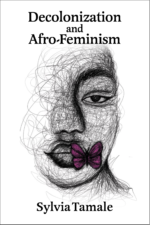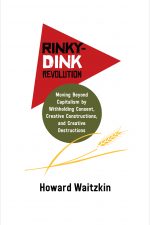Written in commemoration of the 50th anniversary of Africana Studies and Research Center, Cornell University, this publication celebrates the birth of Black studies as a liberated academic zone. Professor Mũgo reflects upon the significance of Africana studies, specifically within the context of America’s predominantly White universities, revisiting the hers/his/torical context that birthed Black studies as a field of knowledge. She reflects on the ownership of knowledge, its production, dissemination and custodianship while proposing utu/ubuntu as imperatives in defining transformative education. The hypothesis and heart of the argument is that knowledge and scholarship can either be colonizing, alienating and enslaving; or, alternatively, they can be conscientizing, humanizing and liberating, creating new human beings with the agency to transform life and the world, for the better. The latter constitutes what Professor Mũgo calls utu/ubuntu rooted-scholarship which, she argues, should define Africana studies, research and scholarship, all of which needs to have both a mind and heart. This should be the mission and vision that led to the birth of Black Studies as an academic. She dismisses the false myth of dominating, colonizing and imperialist cultures that claim to have a monopoly of knowledge and whose purpose is to justify the dehumanization of the conquered, the attempted erasure of their knowledges, heritages and ultimately, entire cultures.
The essay urges us to reflect on a number of critical questions: What is the objective of Africana research and general search for knowledge? In whose service are teaching, research work and publications by Africana scholars? Do their conference papers bring any Africana knowledge systems to the round table of ideas? Is the knowledge they produce liberating and humanizing, or for the advancement of careerist ambitions? What does Black scholarship contribute towards what Paulo Freire called the ‘dialogical education for problem solving’?
It is hard not to be effusive about the author of this pamphlet. Let’s just say it loud: Mῖcere Gῖthae Mũgo is a legend in her own time. And ours. Ours because, as she would say, paraphrasing universal African wisdom: without us, there is no her. From her native Kenya, a source to which she returns continually for yet more ancient wisdom; to Zimbabwe, where she once found refuge on being forced to flee her native land in the face of political persecution; to the United States of America, to which she eventually emigrated; and beyond, way beyond, Professor Comrade Sister Mugo has been a lodestar and wonder—in the academy and in the community, locally and globally. This pamphlet is a discursive offering to Africana studies, a notebook on a field of study born of struggle, student-led struggle. The organizing principle is Utu-Ubuntu, the universal African moral conception centered on the paramountcy of the soul over material accumulation. It is a stinging rebuke to capitalism, imperialism, racism, sexism, heterosexism and all the other antihuman isms, Utu-Ubuntu. Here, indeed, is an Africana studies manifesto, one that should be required reading for all students of the field, in and out of the academy. She never ceases to educate, to enlighten, to energize—this soul sister, this scion of Utu-Ubuntu, this magnificent struggler in the cause of African vindication and human liberation, Mῖcere Gῖthae Mũgo. — Michael O. West, Professor of African American Studies; History; African Studies, Penn State University
An insightful essay that insists that Africana research and scholarship has “to have both mind and heart” to be truly emancipatory — for that is the essence of the meaning of Ubuntu and of Utu, the Swahili equivalent. That is the basis for challenging the dominant colonizing cultures that seek to dehumanize our people. The inimitable Micere Mugo forces us to think about the purpose of teaching and research: whose interests do they serve? — Dr. Willy Mutunga, Chief Justice & President of Supreme Court, Republic of Kenya, 2011-2016
An excellent celebration of the contribution of Utu/Ubuntu – African Indigenous Knowledge – to Africana scholarship by Professor Micere Mugo, an icon of Africana Studies. This epistemological imperative for the creation of ‘liberated academic zones’ advances the post-modern and critical theory traditions, while firmly establishing Africa’s unique contributions, not only to Africana Scholarship, but also to the Global Academy and to humanity. — Filomina Chioma Steady, D.Phil. (Oxon.) Professor Emerita and Former Chair, Africana Studies, Wellesley College

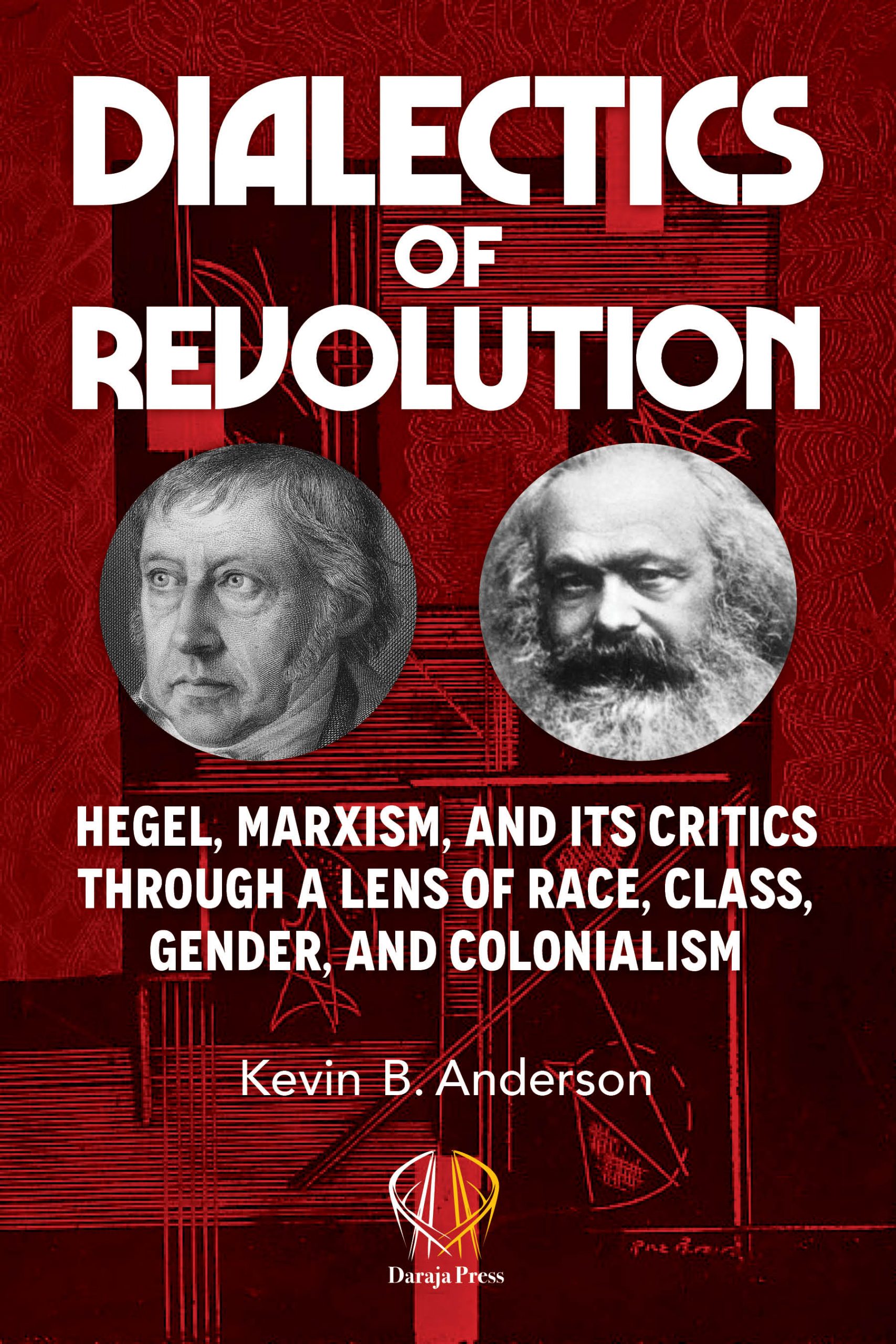

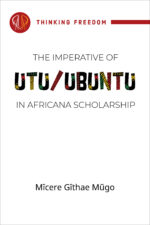
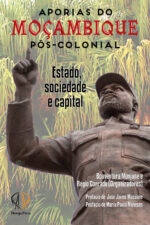

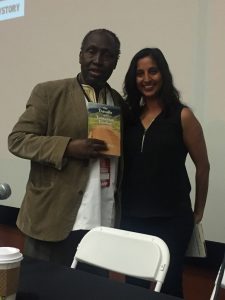 Ngũgĩ wa Thiong’o with Rosa Hirji, holding a copy of The Travails of a Tanzania Teacher i.
Ngũgĩ wa Thiong’o with Rosa Hirji, holding a copy of The Travails of a Tanzania Teacher i.
